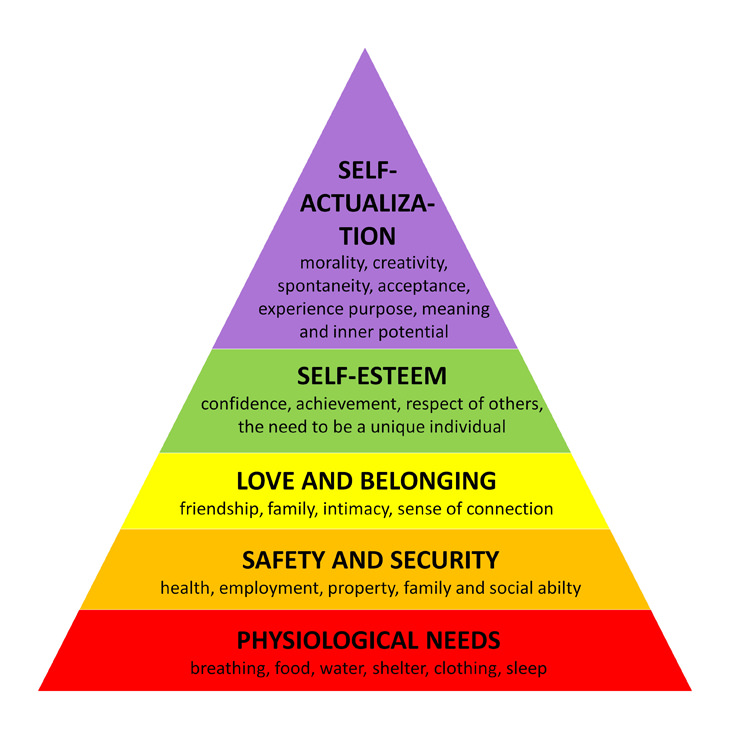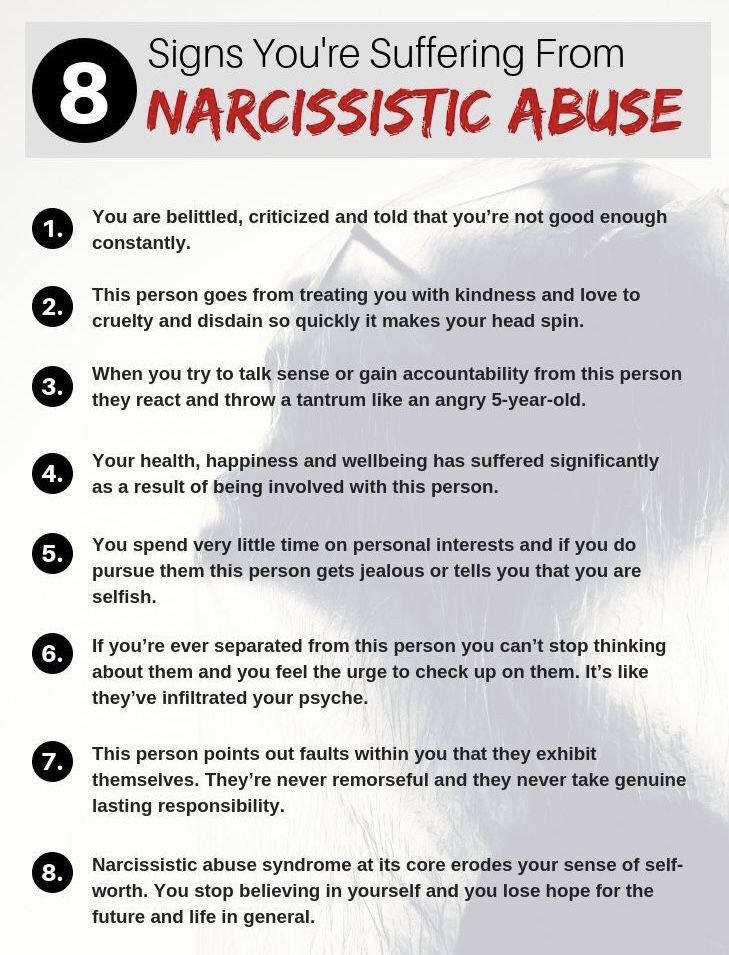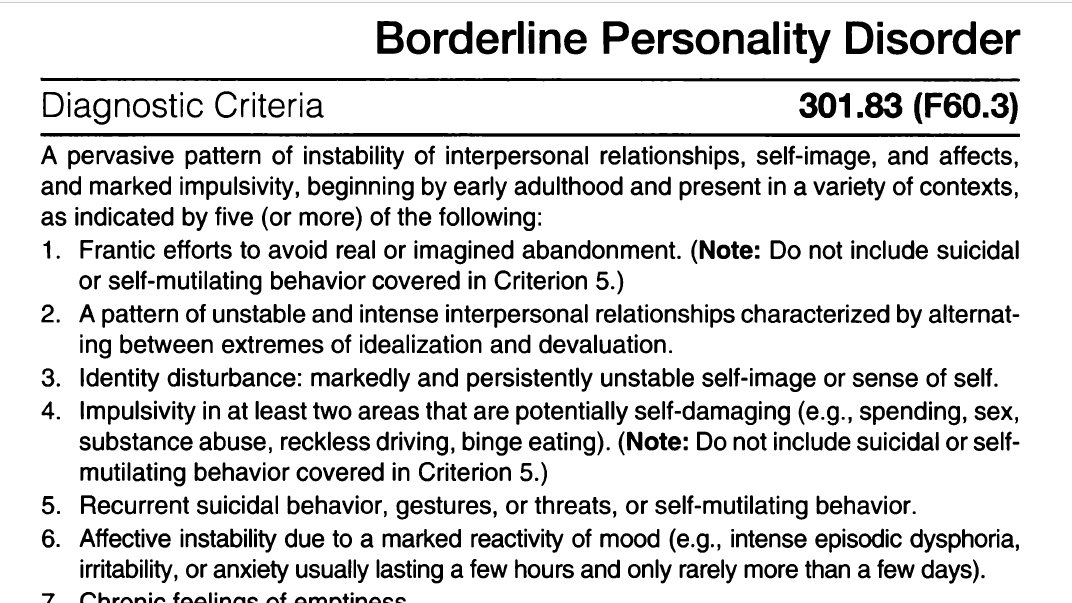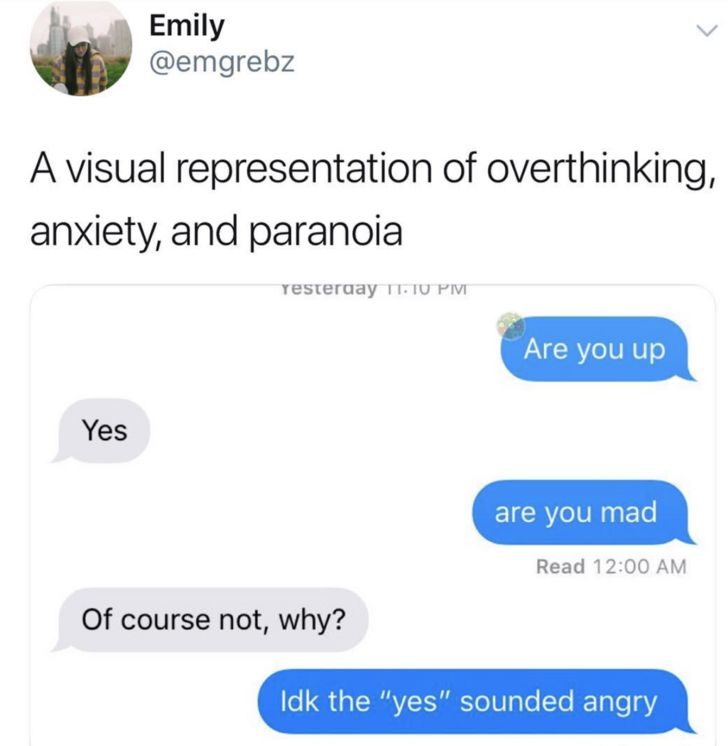Helping partner through depression
7 Ways to Help your Partner Deal with Depression
Standing on the sidelines when a partner battles depression can feel like a helpless experience. You might feel confused, frustrated, and overwhelmed. You might feel like every attempt you make to “help” your partner is either rejected or, worse, ignored. You might even begin to feel responsible for your partner’s depression in some way. You are not alone.
Depression is an isolating illness that can negatively impact relationships and leave loved ones feeling helpless and afraid.
The mood in major depression is often described as sad, hopeless, discouraged, or feeling down, but it can also include persistent anger. Angry outbursts and blaming others is common. Social withdrawal and lack of interest or pleasure are common among depressed people. Family members notice that depressed people seem uninterested in finding joy anymore.
All of these factors can make it difficult to know how to help a depressed partner. But your support is important. You can’t cure your partner’s depression, but you can help your partner along the road to recovery.
What You Can Do
1. Learn about Depression
While the essential feature of major depressive disorder is a period of at least two weeks during which there is either depressed mood or loss of interest or pleasure, depression is not a static illness. People with depression can have very good days, even a few good days in a row, only to experience significantly depressed mood once again. There is an ebb and flow to depression that isn’t always understood by loved ones.
Depression can include the following symptoms:
Feelings of sadness, tearfulness, or hopelessness
Changes in appetite (including weight gain or loss)
Sleep disturbance (sleeping too much or too little)
Loss of interest or pleasure in normal activities
Fatigue (even small tasks can require extra time)
Anxiety or agitation
Anger outbursts
Feelings of worthlessness or guilt (including ruminating on past events)
Trouble thinking, concentrating, or making decisions
Frequent thoughts of death, including suicidal thoughts
Unexplained physical symptoms
An important first step in helping your partner is to understand the disease. Symptoms of depression can vary, and can change over time. You can certainly read about depression and consult a professional for more information, but the best way to understand how your partner experiences depression is to ask open-ended questions and use empathic listening.
Symptoms of depression can vary, and can change over time. You can certainly read about depression and consult a professional for more information, but the best way to understand how your partner experiences depression is to ask open-ended questions and use empathic listening.
2. Offer Support
You might feel like the best way to be helpful is to find the best available treatment in your area, find support groups, or talk to other people battling depression to find out what “works,” but often the best thing you can do for your partner is simply show up.
You don’t have all the answers, and that’s OK, but what you can do is sit and listen. You can hold your partner’s hand, offer hugs, and be present. You can respond with encouraging statements:
“Tell me what I can do to help.”
“You are important to me.”
“I am here for you.”
“We will get through this together.”
3. Encourage Them to Seek Treatment
For many people with depression, symptoms are severe enough to cause noticeable problems in daily activities, such as work, school, social activities, or relationships. Other people, however, might not recognize that they’re depressed. They might not understand the symptoms of depression and think that their feelings are just something they have to endure.
Other people, however, might not recognize that they’re depressed. They might not understand the symptoms of depression and think that their feelings are just something they have to endure.
All too often, people feel that they just have to will themselves better, but depression seldom improves without treatment. You can help your partner by encouraging treatment and being there during appointments.
Help your partner consider getting treatment by doing the following:
Share the symptoms you’ve noticed
Express your concern
Express your willingness to help, including making and preparing for appointments
Discuss what you’ve learned about depression
Talk about treatment options, including psychotherapy, medication, and lifestyle changes
4. Create a Supportive Home Environment
It’s important to remember that your partner’s depression isn’t anyone’s fault. While you can’t fix it, your support will help your partner work through this difficult time.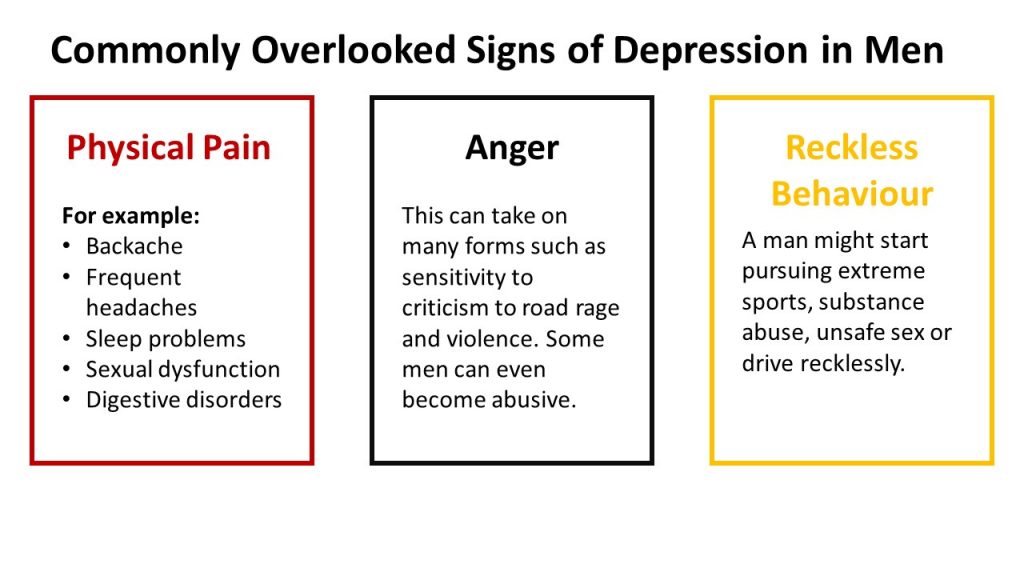
Changes in lifestyle can make a big difference during the treatment process. Because depression can zap a person’s energy and affect both sleep and appetite, it can be difficult for depressed people to make healthy choices. You can help:
Focus on healthy eating. Get your partner involved in planning and cooking healthy meals together to encourage better food choices.
Exercise together. Daily exercise can boost your mood. Plan a daily walk or bike ride to inspire getting back to exercise.
Help your partner stick with treatment. Whenever possible, drive to appointments together and sit in the waiting room. Psychotherapy can be emotionally exhausting in the early stages. Having support helps.
Create a low stress environment. Routines can help depressed people feel more in control of their day-to-day lives. Consider creating a daily schedule to handle meals, medications, and chores.
Make plans together.
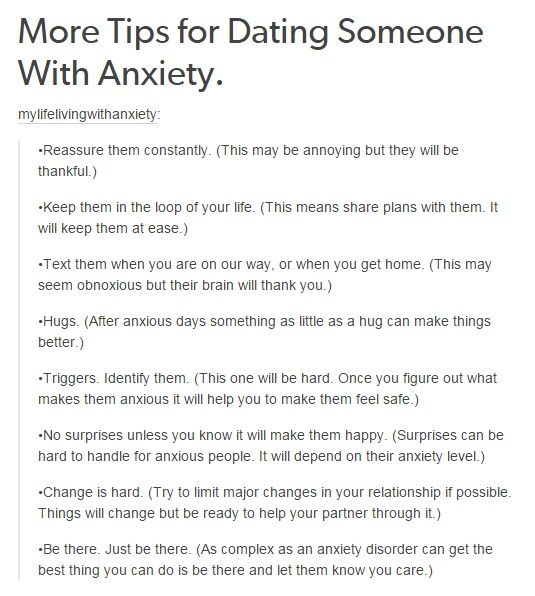 Depression can cause a loss of interest in pleasurable activities. To that end, depressed people sometimes avoid social interactions. Make a weekly date to rent a movie, go for a hike, or even play board games. Start small to help your loved one begin socializing again.
Depression can cause a loss of interest in pleasurable activities. To that end, depressed people sometimes avoid social interactions. Make a weekly date to rent a movie, go for a hike, or even play board games. Start small to help your loved one begin socializing again.Give positive reinforcement. When people feel hopeless, they tend to judge themselves harshly. Be sure to point out strengths and areas of improvement to help your partner see progress.
5. Focus on Small Goals
Depression feels overwhelming. When someone is severely depressed, even the act of getting out of bed can feel like a monumental task.
You can help your partner by setting and acknowledging small goals and daily achievements. Breaking down larger tasks (i.e. applying to new jobs) into smaller tasks (i.e. update resume, write cover letter, research available openings) can help your partner take small steps toward returning to normal daily activities. For people who struggle to get out of bed each day, focus on getting up, taking a shower, and eating a healthy meal.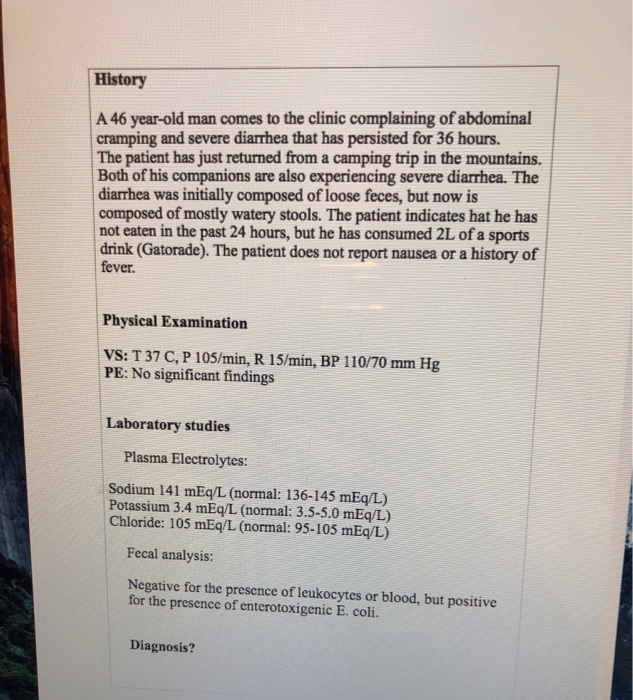
Your partner is likely to improve with treatment, but you will need to practice patience and understanding when working through a depressive episode.
6. Know the Warning Signs of Suicide
The risk of suicide is always elevated during major depressive disorder. It’s important to know the red flags and get immediate medical assistance:
Talking about suicide
Getting a means to attempt suicide, such as purchasing a gun or stockpiling pills
Extreme mood swings—very high one day and deeply discouraged the next
Social withdrawal
Preoccupied with thoughts of death
Noticeable changes in normal daily routines
Feeling overwhelmed with hopelessness
Engaging in risky or self-destructive behavior, including drug or alcohol abuse or reckless driving
Giving away belongings
Saying goodbye
Getting affairs in order
Developing personality changes
Caring for a partner with depression is emotionally taxing for the caregiver. It’s important to practice self-care and increase your own support network during this time.
It’s important to practice self-care and increase your own support network during this time.
7. Be an Active Listener
It can be difficult to sit back and listen when what you really want to do is jump in and help, but your partner needs you to be supportive, not in charge. Try these active listening skills:
Be fully present when talking. Put away your devices and create time to listen
Use nonverbal cues like nodding, eye contact, and leaning in to show that you’re listening
Paraphrase what you’re heard and ask follow up questions
Use empathic responses like, “that sounds difficult,” or, “I can see why you’re struggling right now”
Withhold judgment and advice
Depression can cause someone to lose interest in both the people and the activities they love. It can also cause low motivation. Depression impacts nearly all areas of life, including sleep patterns, eating habits, work or school, hygiene, socializing, self-worth, and relationships.
While it’s important to have a doctor or licensed mental health professional diagnose depression and create a treatment plan, you might be the first person to notice symptoms in your partner. If your partner exhibits any suicidal thinking, get help immediately.
How to Deal with Conflict with Your Depressed Partner
Depression and relationship conflict can exist in a cyclical pattern because depression can trigger irritability, angry outbursts, and withdrawal from loved ones, but relationship conflict can also spark feelings of depression. The two overlap.
Caring for and living with someone coping with depression can be emotionally taxing, but there are steps you can take to work through and prevent conflict.
Establish clear and healthy communication patterns. Transparency is very important when dealing with complex mental health issues. Daily emotion check-ins that focus on feelings and triggers establish transparency and normalize talking about feelings and symptoms.
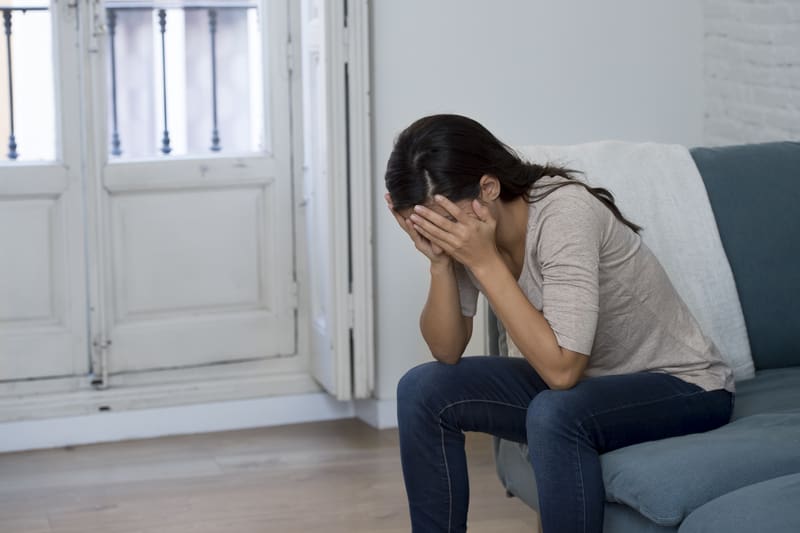 It also helps to set clear boundaries. If you need a break, say that. Holding in your own needs to care for your partner will only cause resentment and empathy fatigue.
It also helps to set clear boundaries. If you need a break, say that. Holding in your own needs to care for your partner will only cause resentment and empathy fatigue. Self-care plans are essential. Both partners need specific self-care plans to use daily to keep stress levels as low as possible. Your plan should include how and where you receive support, daily exercise that fuels energy for you, time away from providing care, and hobbies that give you emotional space from the caring role.
Take a pause. Sometimes conflict sneaks up on you even when you’re practicing self-care and adhering to one another’s boundaries. It’s OK to pause a conflict to step away from the anger and frustration. Come up with an agreement that if one partner calls a pause, that’s the signal to shift gears and do a needs assessment to figure out how both partners can work through the issue in a calm and productive way.
What If My Partner Denies Having Depression?
When one partner in a relationship is living with depression, it becomes a shared experience. This is even more complex when the depressed partner denies having depression.
This is even more complex when the depressed partner denies having depression.
Denial of depression can occur for many reasons, including:
They really don’t feel like anything is wrong
Embarrassment
Lack of awareness about symptoms – many symptoms overlap with what people consider medical symptoms, like fatigue, headaches, and gastrointestinal distress
They’re low on energy and they don’t want to talk about it
They feel hopeless and don’t see any way to feel better
They are functioning well enough that they don’t think they have depression
They rationalize their symptoms as normal ups and downs of adulthood
How to Approach Your Partner About Help
First, prioritize your self-care. It’s exceptionally difficult to help someone else when you are running on empty.
Second, focus on helping, not fixing. Try the following:
Educate yourself.
 Books, articles, and your own therapy can all be useful tools as you learn to navigate your supportive role.
Books, articles, and your own therapy can all be useful tools as you learn to navigate your supportive role.Ask your partner how you can best support them. What do they need to feel supported?
Offer to seek therapy together to work through this difficult time.
Reinforce that you are a team and you will support your partner through this.
Reach out to close friends and family for additional support.
How Depression Affects Relationships
Depression can negatively affect relationships because it can result in conflict, disconnect, and poor communication. One partner might feel isolated and alone. If the depressed partner is experiencing a low mood, the other partner might feel worried and anxious about their overall wellbeing. Depression also affects everything from work, to socializing, to sexual desire, so the ripples of depression within relationships reach beyond low mood. Depression can affect financial stability and employment.
Given the complex nature of depression and the many ways it affects both partners, it’s important to identify communities of support to help both partners work through it together.
- American Psychiatric Association, Diagnostic and Statistical Manual of Mental Disorders, Fifth Edition, American Psychiatric Publishing, Washington, D.C., 2013: Pages 160-168. 2. Ibid.
Notes: This article was originally published November 20, 2017 and most recently updated November 7, 2022.
What to Say & How to Say It
DepressionCaring for Someone with Depression
Want to help someone you care about? Lend support by choosing your words carefully.
Katie Hurley, LCSW
To a person struggling with depression, the problem has a way of feeling all-consuming. It permeates the day in a negative way and may include symptoms that are both emotional and physical. The stigma of depression often leads to social isolation because the depressed person believes no one understands what it’s like to be depressed.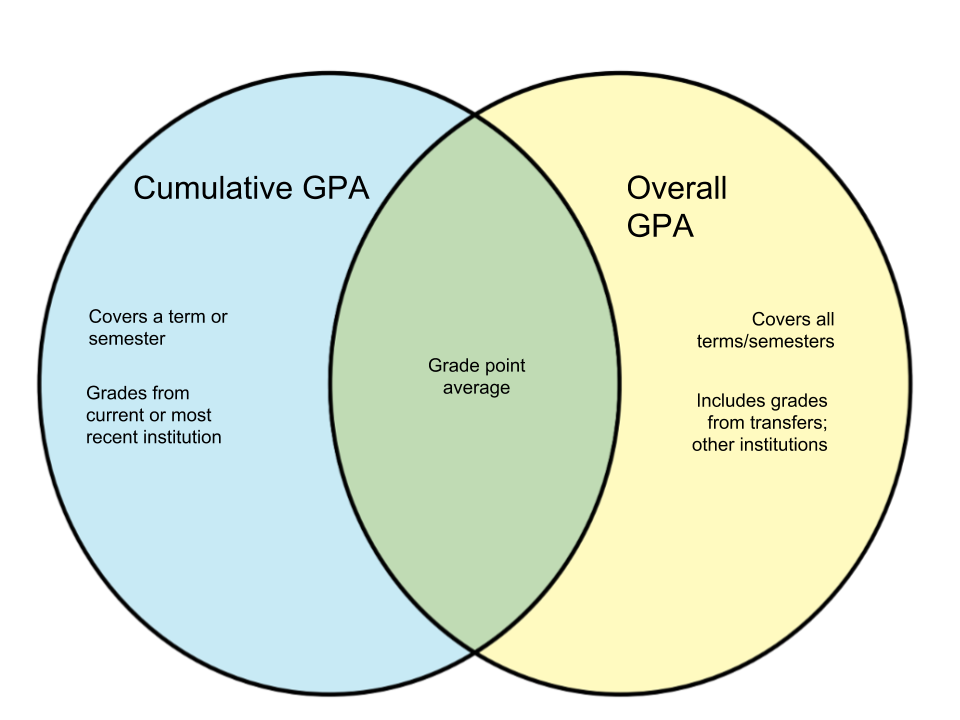 By avoiding social interaction, people with depression don’t have to confront the stigma or explain their struggle over and over again.
By avoiding social interaction, people with depression don’t have to confront the stigma or explain their struggle over and over again.
So, what’s a friend or loved one to do? When you notice behavior that is isolating, it’s important to reach out. Unfortunately, there are no magic words to help a person struggling with depression feel better but it does help to acknowledge your understanding that depression is an illness--NOT a phase or some sort of attention-seeking behavior. Communicating your commitment to providing unconditional support is another wonderful way to connect with a depressed person.
View all Depression Quizzes[/quiz-callout]
Depression is a complex disease and can require long-term treatment, but you don’t have to suffer from depression to understand it and provide support and empathy to someone battling the problem.
Words that Open the Door
If you’re not sure what to say, try some of these phrases to show your support:
Simply put, this phrase can go a long way towards building a connection between you and your loved one. Depression can feel lonely and overwhelming; knowing that someone is there to help makes it a little bit easier to reach out.
Depression can feel lonely and overwhelming; knowing that someone is there to help makes it a little bit easier to reach out.
Follow up with offers to help in small ways. Suggest taking a daily walk together. Offer to get prescriptions filled or select a program to watch together on a designated weeknight. Saying and showing you care with loving actions helps your loved one feel supported.
Letting loved ones know that they are not to blame for their depression communicates that depression is, in fact, a disease, not a choice. Depression isn’t something you can “catch” like a cold, yet many people with depression feel like they did something to cause it.
Lovingly communicating your understanding of this helps release the blame and goes a long way toward resolving the feeling of guilt that burdens them.
Depression can cause fatigue, feelings of worthlessness, guilt, and difficulty concentrating.¹ These symptoms interfere with routine aspects of daily life such as making doctors’ appointments; picking up medications; exercising or completing other aspects of treatment.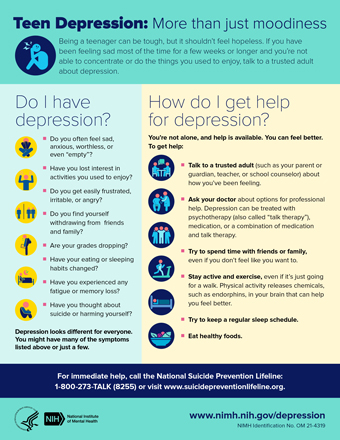 Symptoms of depression can also make depressed people feel like a burden to their loved ones.
Symptoms of depression can also make depressed people feel like a burden to their loved ones.
Communicating that you want to help by driving loved ones to appointments and assisting with other treatment goals lessens the feeling of being a burden and opens the door to communication.
You might think that dropping off meals or picking up groceries is the best way to help, but your loved one might prefer other ways of handling these tasks. It’s a good idea to ask your depressed loved one how you can help.
Keeping a daily routine is very helpful but can seem overwhelming for people with depression. Communicating that you are open to helping out with daily needs (laundry, pet care, light cleaning) shows that you want your loved one to feel supported and cared for during treatment. Helping with small tasks might seem insignificant but it can actually free up the time and emotional space your loved needs to attend to treatment goals.
Sometimes silence really is golden and one of the best things you can do is just showing up and being present.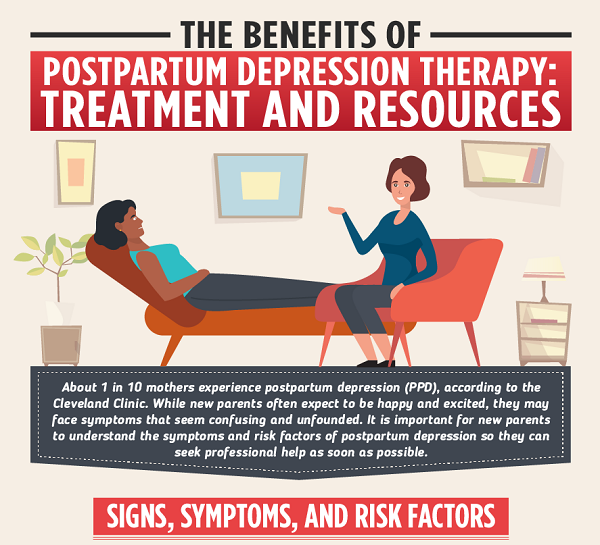 What might feel like a small, meaningless gesture to you most likely feels like an intimate, caring gesture to your loved one in need.
What might feel like a small, meaningless gesture to you most likely feels like an intimate, caring gesture to your loved one in need.
- American Psychiatric Association, Diagnostic and Statistical Manual of Mental Disorders, Fifth Edition, American Psychiatric Publishing, Washington, D.C., 2013: Page 161
Notes: This article was originally published December 12, 2017 and most recently updated June 9, 2022.
Depressed partner support
11/22/2019
Depression is one of the most common mental disorders, affecting more than 350 million people of all age groups.
Every year about 150 million people in the world lose their ability to work due to depression
The support of family and friends is essential in the treatment of mental disorders. However, depression can negatively impact relationships and leave loved ones feeling helpless, frustrated, or afraid. nine0003
nine0003
There are ways people can support a partner with depression on their journey to recovery.
Questions to ask about symptoms
To understand the severity of a person's depression, it is helpful to study how these symptoms affect their life.
Asking about symptoms also shows a person that his partner is interested in his feelings and experiences.
Useful questions to ask include:
- Can you help me understand how you feel?
- What activities do you find enjoyable right now?
- Do you enjoy spending time with other people?
- What's wrong with your energy?
- Do you sleep more or less than usual?
- Do you eat more or less than usual?
- Can you focus on things right now?
- Do you have thoughts of death or suicide? nine0026
Questions to avoid
Avoid asking questions that seem judgmental or that place blame on the person with depression. They may already be blaming themselves for their symptoms and need support rather than further judgment.
They may already be blaming themselves for their symptoms and need support rather than further judgment.
It is also important not to oversimplify depression, which is a serious illness.
Examples of questions to avoid include:
nine0024Partner support
1. Learn about depression
Learning about depression can make it easier to support those with depression. Learning about symptoms often helps people recognize symptoms in their loved ones.
Symptoms can range from mild to severe and may change over time. However, symptoms must last at least 2 weeks before a doctor can diagnose depression.
Symptoms of depression may include:
- feelings of sadness, worthlessness or guilt
- loss of interest in previously enjoyable activities
- changes in appetite or weight
- changes in sleep habits
- fatigue and loss of energy
- difficulty concentrating or making decisions
- thoughts of death or suicide
2. Understand and acknowledge your partner's feelings
It is important to listen to a person with depression and express empathy, which is the ability to understand and share other people's feelings. One way to show empathy is to mirror what the person is saying. nine0003
For example, if he says, "I just feel like things will never get better," their partner might reflect this by saying, "that sounds like you're not looking forward to the future."
Constant attempts to cheer up a person are useless, as this devalues his condition and feelings. Phrases like “tomorrow will be better” or “try to cheer up” do not take into account the nature of the disease.
Phrases like “tomorrow will be better” or “try to cheer up” do not take into account the nature of the disease.
3. Ask your partner what they want from you
To show further understanding and support, ask the person what they need. He may need:
- medication reminders
- company when visiting a doctor or visiting therapy
- homemade dishes
- encouragement to socialize or exercise
- hug or hold the hand
- to sometimes be left alone
Useful questions to ask include:
- How can I help you?
- Would it be helpful if I...?
4. Encourage your partner to heal
Depression can cause a person to lose their motivation, which can be a barrier to seeking treatment. However, most people with depression need treatment to get better.
Those who support someone with depression can play an important role in their recovery by encouraging them to seek medical help. nine0003
nine0003
To inspire a partner to seek treatment, a person can try:
- joint detection and documentation of your partner's symptoms
- expression of desire to help
- discussion of treatment options such as medication, psychotherapy, and lifestyle changes
- accompaniment to doctor appointments
5. Support your partner during recovery
Recovery from depression can sometimes be difficult. To support a partner in the recovery process:
- help them keep track of their prescriptions and medications
- do some physical exercise together
- plan and prepare healthy meals together
- try to reduce stressors at home
- make your goals small and achievable nine0025 encourage them to socialize with other people
- plan fun activities together
- pay attention to the person's progress towards recovery
- avoid forcing treatment on the person
Let your partner know they are not alone when you say:
- I'm here for you.
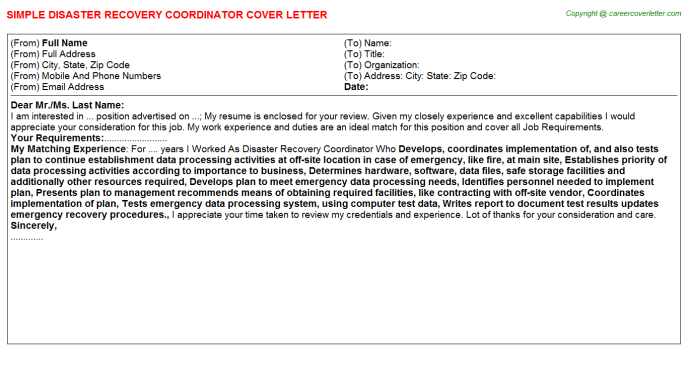
- We'll deal with this together.
6. Accept that there will be bad days
People with depression have good days and bad days. To cope with bad days:
- expect them to happen
- understand that this is a normal part of depression
- don't give up love and support at this time
- take some time and do something nice, either alone or with others
- remember that not every day will be like this - there will be good days
7. Take care of yourself
When a person supports a partner with depression, it is very important to take the time to enjoy hobbies and other activities for yourself.
Caring for a partner with depression can be draining, frustrating, and intimidating.
Research shows that having a spouse with depression increases a person's risk of developing depressive symptoms. This risk is especially high when a man is supportive of a depressed woman. nine0003
nine0003
Those caring for someone with a mental illness should also take care of their own mental health. They can do it:
- trying to stay positive
- having realistic expectations about the recovery process
- knowing that they also have the right to be heard and respected
- taking time out and doing pleasurable activities and hobbies
- interacting with people other than their partner
- seeking help from friends or relatives
- doing regular exercise
- eating healthy
- trying to get more sleep and rest
- visiting a psychologist or psychological support groups
Professional support
Professional treatment is an important part of the recovery process. The first step is often to see a doctor, who can recommend treatment, psychotherapy, or both. nine0003
For particularly severe depressive symptoms or in life-threatening situations, seek emergency care.
Beginning of form
People with depression may be at risk of suicide. According to the American Foundation for Suicide Prevention, more than half of those who die by suicide suffer from major depression.
Partners of those who suffer from depression should be aware of the warning signs of suicide so that they can take prompt action if necessary. Warning signs include:
- talking about death or suicide
- having a suicide plan
- preparation of means of suicide, e.g. collection of pills
- preparation for death, e.g. by making a will
- distribution of things
- farewell to family and friends
- engaging in risky or reckless behavior
- Extreme changes in mood or personality nine0025 withdrawal from society
If a person suspects that someone is in imminent danger of suicide, they should seek emergency help.
If someone believes that a loved one is contemplating suicide but is not in immediate danger, they should contact the person's doctor and seek support from other family members or a support group.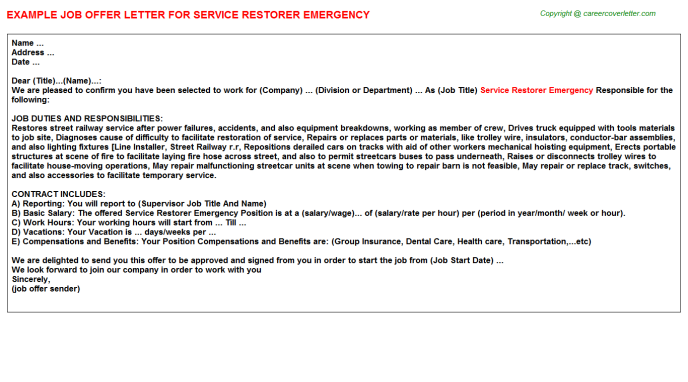
Support for a partner with depression, both emotional and practical, can help speed up the recovery process. nine0003
CONTROL AND INSURANCE ORGANIZATIONS
LEGAL INFORMATION
INDEPENDENT QUALITY ASSESSMENT OF MED. SERVICES
ANTI-CORRUPTION
PRICE LIST FOR PAID SERVICES
nine0002VACANCIES
How to help a loved one get out of depression
August 4, 2015 Advice
When in a loving couple one of the partners gets depressed, it's hard for both. Sad days come, each of which brings new grief and may be the last for this relationship. But if you stop blaming your partner for a depressed mood and try to help, then depression will recede, and your union will only strengthen. nine0003
nine0003
The word "depression" has been stuck in my teeth lately. It is used everywhere. They denote a protracted bad mood, it is used in jokes and memes. In fact, when true depression comes to your loved one, for some reason it becomes not at all funny, but rather sad and even scary.
You see the changes that happen to your partner: nothing pleases or surprises him, he can lie in bed all day, he is not interested in your conversations and attempts to entertain him. And you are simply torn apart by the influx of thoughts and emotions. Are you the cause of the depression? Maybe the relationship is over? How long will this continue and how can you help? nine0003
Depression is a dark experience for a couple. But you can pass it successfully. In this article, we will talk about how to help a partner and save your union. We're touching on the delicate topic of mental health, so you should understand that you don't have to blindly follow all the recommendations. Think about which ones and how you can use them for your couple.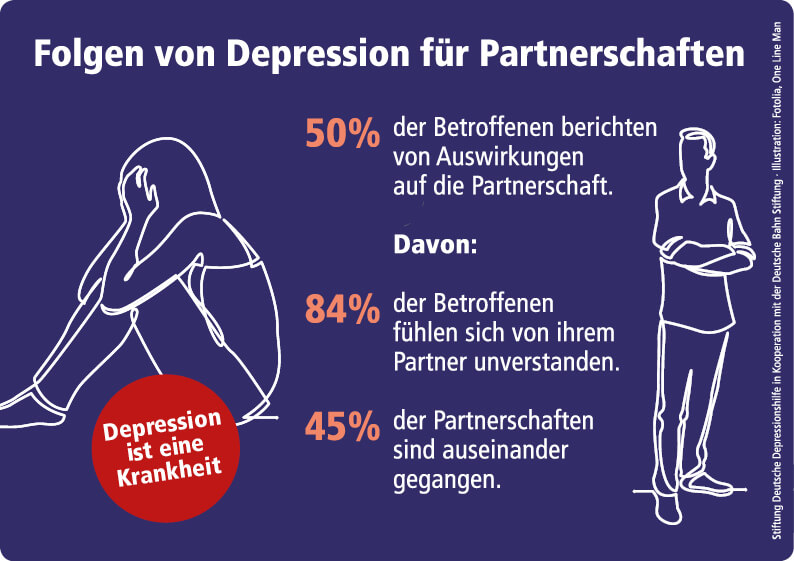
Don't take the symptoms of depression personally
Most of the symptoms of depression make your couple the antithesis of a happy union. A person in depression has a distorted perception of reality: even positive and joyful moments appear to him, if not in black, then definitely in gray. nine0003
Of course he doesn't want to go out, go on dates, talk for hours and have sex. But these are generally accepted indicators of a good relationship. It is unlikely that one of your friends says: “We have such a wonderful couple! My beloved comes home in the evening, stares silently at the iPad for three hours, and then goes to bed without saying a word!”
Therefore, having noticed changes in your partner's behavior, you make the only correct conclusion, as it seems to you: he has lost all interest in you. Your friends will actively confirm this guess if you describe the situation to them. nine0003
The danger of depression is also in its invisibility.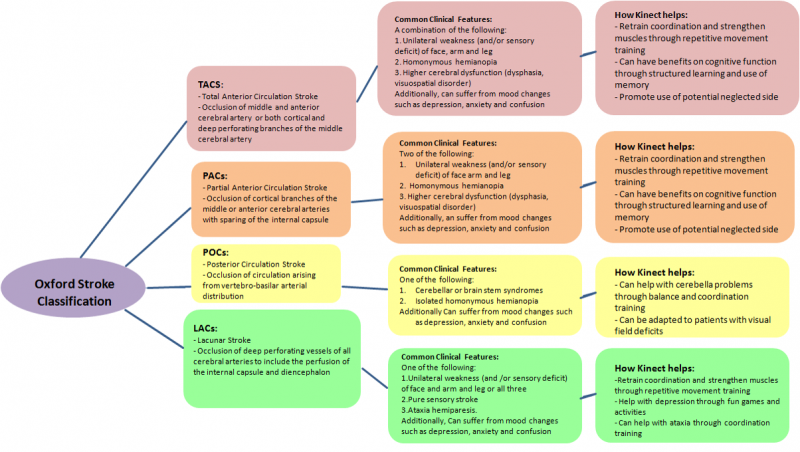 If a person has a broken leg, he also cannot walk and have a lot of sex, but everyone can see why - here is the cast. We cannot point a finger at the internal state, therefore we explain external changes for ourselves in the most common and simple way: love has passed. This conviction is further strengthened if you see that with other people your partner continues to behave as before, and alone with you - it deflates like a balloon. Literally, Darling's blog claims it's actually good:
If a person has a broken leg, he also cannot walk and have a lot of sex, but everyone can see why - here is the cast. We cannot point a finger at the internal state, therefore we explain external changes for ourselves in the most common and simple way: love has passed. This conviction is further strengthened if you see that with other people your partner continues to behave as before, and alone with you - it deflates like a balloon. Literally, Darling's blog claims it's actually good:
Literally, Darling
blog
We almost always take the constant bad mood of a loved one at our own expense. You begin to feel that you are the cause of the oppressed state. A depressed person cannot behave as usual, and even more so with loved ones who know him thoroughly. While among strangers, he can pretend for a short time that everything is in order.
Naturally, it hurts you to see how your partner behaves quite normally with others and completely changes around you. But, surprisingly, this is a good sign. This means that he completely trusts you, loves you and allows himself to reveal what is really in his soul. If he sometimes tries to push you away, do not be offended, move away, but stay close. nine0003
This means that he completely trusts you, loves you and allows himself to reveal what is really in his soul. If he sometimes tries to push you away, do not be offended, move away, but stay close. nine0003
Depression can affect a person for many reasons: illness or death of loved ones, one's own poor health, problems at work, difficulties with relatives or friends. But its symptoms will affect you first of all: he will suddenly become bored talking to you, he will not want to go somewhere or even watch TV shows in the evening.
If you can't get rid of the idea that your partner just doesn't want to be with you, ask them directly. And when he answers that it's not about you, accept this answer, calm down and start solving the problem of his poor moral health together. nine0003
Develop a depression recovery plan together
Don't take depression symptoms personally, but don't ignore them either. Yes, your partner is not showing any romantic feelings right now, but he will still be hurt if you dismiss his condition. If your loved one is sick or injured, you do not blame him, but take care of him and help him recover. Do the same with depression.
If your loved one is sick or injured, you do not blame him, but take care of him and help him recover. Do the same with depression.
In fact, for someone who is trying to cope with a depressed state of mind, relationships are a huge help. But only if you are moving in the same direction and acting together: you need to understand your partner and take practical steps together. The Anxiety and Depression Association of America offers a variety of techniques to deal with depression: studying your condition, setting goals, recording results. However, the best method of treatment is joint work with a loving person. nine0003
American Depression Association
Mental health professionals are increasingly recommending couples and family treatment programs. After training with a doctor, a partner or family member can help the patient at home, that is, provide round-the-clock therapy for him. The "house doctor" should be near the patient in situations that exacerbate anxiety and bad mood, and support him by reducing anxiety.
Your partner may not want to be treated. In this case, you can not press on him and rush him. You can support, but not force. You can try to start by looking for a good doctor together or reading articles about treatment. The main thing for the two of you is to understand that you are together and you are moving in the same direction. nine0003
If your efforts are thwarted by your partner's stubbornness, if he rejects your support and is sure that he does not need help, then decide for yourself whether you want to continue in this relationship and wait for positive changes, or do you not have the strength for this? But do not be a tractor for your partner, he must only understand and accept that he needs help.
Give your partner some space.
Treatment for depression will always be a mess. It's like letting your cat stomp around in paint and then run across a white sheet. It seems that your treatment plan has been worked out to the last detail, the goals have been set, everything is neatly recorded in the observation log, and you are cheerfully moving along the right path. nine0003
nine0003
But one morning the patient wakes up and feels hopeless... Everything is bad, so much hard work has been done, but nothing helps, the soul is still empty and terribly depressing. It would be better now to curl up in a ball of sadness and renounce the whole world.
This happens, and it is natural. But at these moments you want to either give your patient a good kick so that he stops sour, or completely abandon the treatment, because it does not bear fruit. Take your time, one bad day is not the end of the world. Although your love will not be the main cure for depression, it is still important for the patient, says psychotherapist Rita de Maria. nine0003
Rita de Maria
psychotherapist
Your partner needs your love, your presence, your warmth. It won't stop depression, just as it won't, for example, lower blood sugar or relieve arthritis pain. And yet, your feelings can change the “broken” processes in your partner’s head, revive his positive thoughts and raise his self-esteem during this difficult period.
Depression radically changes the habitual life. What made you happy ceases to make you happy; what fascinated or interested now does not evoke even a drop of emotions. The presence next to someone who accepts this state without judgment or resentment is very supportive and even inspiring. nine0003
Set limits to save yourself
It's always hard to keep a depressed person going. Sometimes the overexertion will reach proportions that will endanger your own mental health. There is no need for sacrifices like: “I will do everything so that my loved one is healthy.” When helping a partner, set clear boundaries for your presence, do not completely dissolve in his state. Leave time for your hobbies, meetings with friends, and just to be alone. nine0003
Sure you want to help. But you don’t need to subordinate your life to your partner’s depression, for this you will pay with the stability of your morale. You may even refuse to be your loved one's "home therapist" if you feel that this is too much for you.


